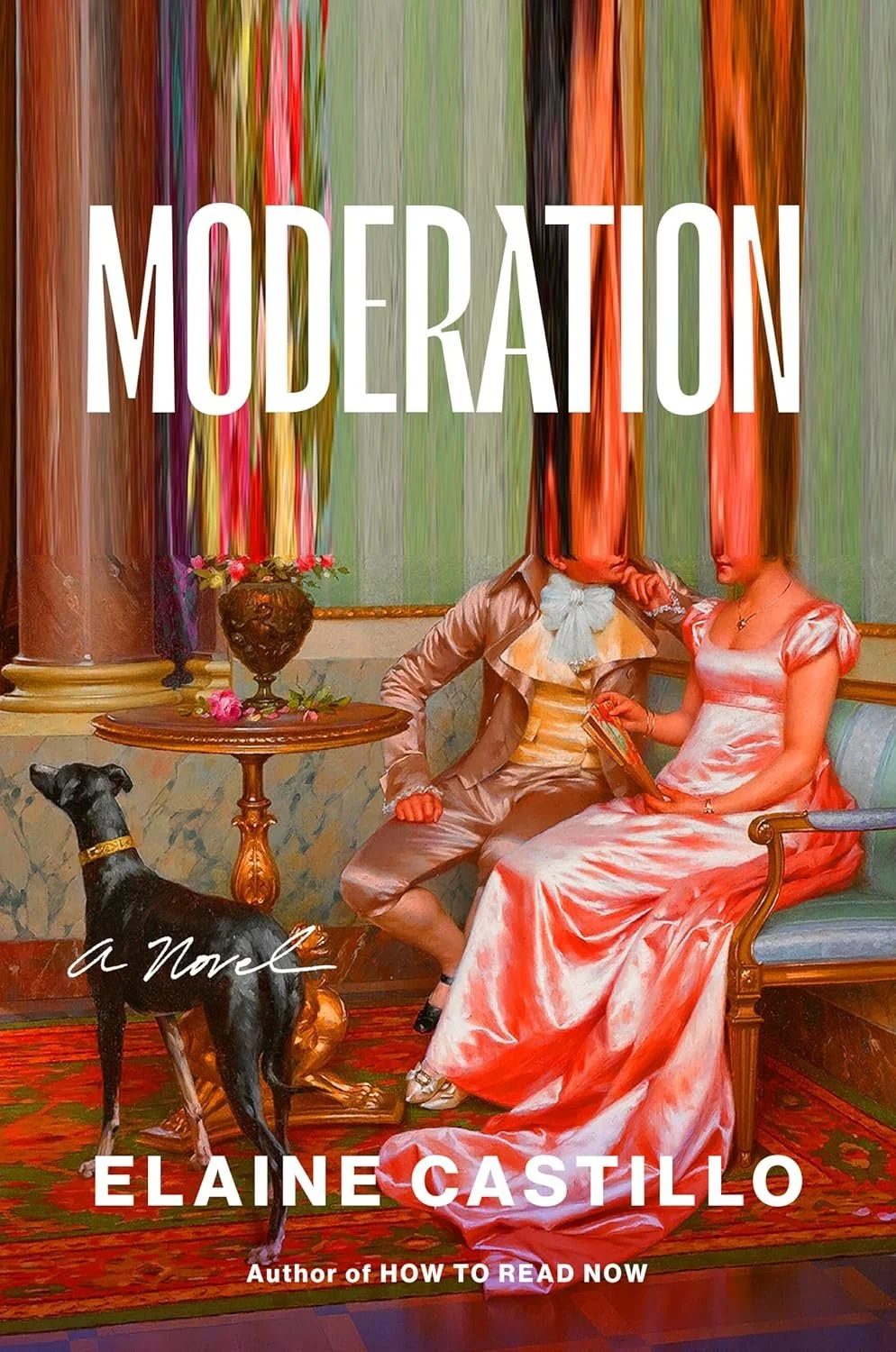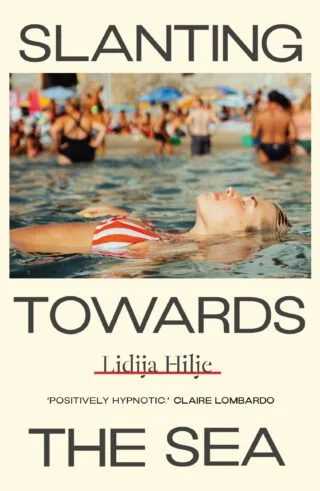Constance, Joseph Zigmond
“Zigmond explores love as a nebulous concept with consequences that outlast time itself, somehow persevering amidst the collapse of everything we know; it can become a guiding light or a red herring.”
Constance is the debut novel by Joseph Zigmond, published by The Indigo Press. Although the year is 2064, it is acutely recognisable to contemporary readers, as it depicts a world that has raised its borders, abandoned its people, and entrenched itself in feelings of anger and despair.
The novel follows the journey of Alistair, now an old man burdened with regrets and memories, as he travels from the United Kingdom to Morocco on his final flight across a landscape of climate collapse and political fracture in search of the night when he met and lost Cece in 2006. Zigmond fuses a dystopian future with the inherent turmoil of first love, thus creating an incredibly ambitious and tense narrative which transfuses, convulses, and fractures as the novel alternates between the two timelines.
Ali and Cece first meet in London on a night out, eager to embark on their promised future. Ali is instantly enamoured with Cece from the moment he catches sight of her on the tube, but she is there with his childhood friend, Si. Youth is fragile, often unrelenting, and first love even more so. Zigmond explores love as a nebulous concept with consequences that outlast time itself, somehow persevering amidst the collapse of everything we know; it can become a guiding light or a red herring.
Zigmond explores the invisible damage we inflict on ourselves and each other in youth and the physical manifestations of our actions in the future. Although Zigmond presents a narrative about displacement, his writing is assured and lyrically poignant, flitting between the past, present and the everlasting. Constance is a novel about ‘living a haunted life and not knowing what’s haunting you’; about complicity and innocence; and about the question that underscores all of our actions – what do we owe the people we love?
Editorial Picks




